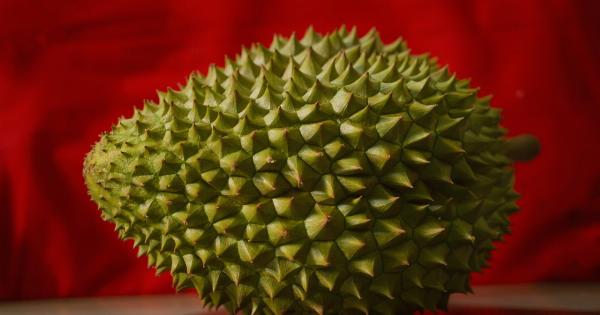Veganism is a way of life that excludes all forms of animal exploitation and cruelty, including in the diet. People adopt veganism for health, ethical, and environmental reasons.
Although a plant-based diet has several health benefits, people often ask whether a vegan diet can be harmful to bone health. The answer to this question is not a simple yes or no.
What are Bones Made Of?
Bone is a living tissue that is continuously being broken down and remodeled. Bones are made of a protein matrix called collagen, calcium phosphate, and other minerals like magnesium and zinc.
Vitamin D plays a vital role in regulating calcium absorption and bone growth. When the body doesn’t have enough calcium, the body will take it from the bones, weakening them over time.
What Nutrients are Essential for Strong Bones?
Several factors affect bone health, including genetics, physical activity, and nutrition. Nutrients that are essential for strong bones include:.
- Calcium – found in dairy products, leafy greens, tofu, nuts, and seeds
- Vitamin D – found in sunlight, fortified foods, and supplements
- Magnesium – found in whole grains, dark leafy greens, nuts, beans, and seeds
- Phosphorus – found in protein-rich foods like meat, fish, and poultry, and also in nuts, beans, and whole grains
- Vitamin C – found in fruits and vegetables, especially citrus fruits, berries, and kiwi
Challenges with a Vegan Diet
Although vegan diets can be well-balanced, there are some challenges. Vegan diets are often low in calcium and vitamin D, which are essential nutrients needed for bone health.
This is because these nutrients are mainly found in dairy products, fish, and eggs, which vegans avoid. Plant-based foods that are high in calcium, like greens, almonds, and tofu, are not always well-absorbed by the body due to the presence of oxalates, phytates, and other anti-nutrients.
Vitamin D is mainly derived from sun exposure, but people who live in areas with minimal sunlight may not be able to produce enough vitamin D naturally. Vitamin D2, found in mushrooms, is the only vegan source of vitamin D.
However, vitamin D2, when compared to vitamin D3, is less effective at raising the levels of vitamin D in the blood.
How Can Vegans Get Enough Calcium?
Vegans can get enough calcium through the following ways:.
- Fortified plant-based milk, such as soy milk, almond milk, and oat milk
- Calcium-set tofu
- Leafy greens like kale, collard greens, and bok choy
- Nuts and seeds, such as almonds, sesame seeds, and chia seeds
- Calcium-fortified cereals and orange juice
- Supplements
How Can Vegans Get Enough Vitamin D?
Vegans can get enough vitamin D through the following ways:.
- Sun exposure of 15-20 minutes a day (without sunscreen)
- Fortified plant-based milk, such as soy milk
- Vitamin D2 supplements (derived from mushrooms) or vitamin D3 supplements (derived from sheep’s wool, but it is vegan-friendly)
Other Nutrients Important for Bones
Calcium and vitamin D are not the only nutrients required for strong bones. Magnesium, phosphorus, and vitamin C are also important.
Magnesium helps regulate calcium absorption and is essential for bone growth.
Foods high in magnesium include whole grains (especially buckwheat), leafy greens (such as spinach), nuts (like almonds and cashews), and seeds (such as pumpkin and sunflower seeds).
Phosphorus is required for the formation of bones and teeth. Foods rich in phosphorus include nuts and seeds, whole grains, and protein-rich foods like meat, fish, and poultry.
Vitamin C is essential for collagen formation, which is the protein matrix that supports bone structure. Foods rich in vitamin C include citrus fruits, strawberries, kiwi fruit, papaya, and dark green leafy vegetables.
Conclusion
Veganism does not have to be detrimental to your bone health. With careful planning and attention to nutrient intake, vegans can have strong and healthy bones.
A balanced vegan diet that includes foods rich in calcium, vitamin D, magnesium, phosphorus, and vitamin C, along with supplements where necessary, can ensure healthy bones. Just like any other diet, veganism requires planning and care to ensure all nutrient needs are met.































